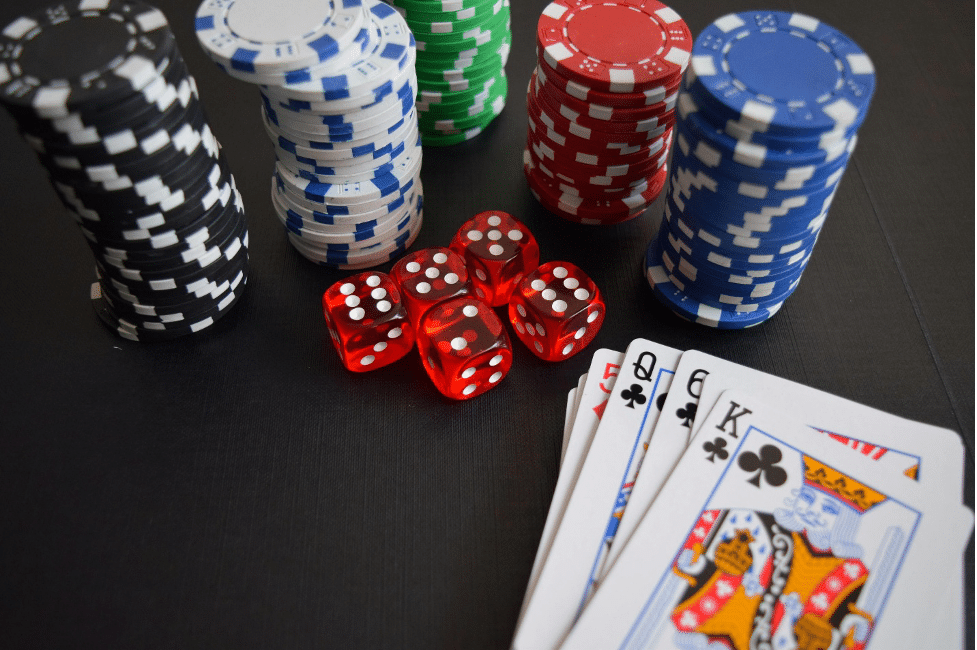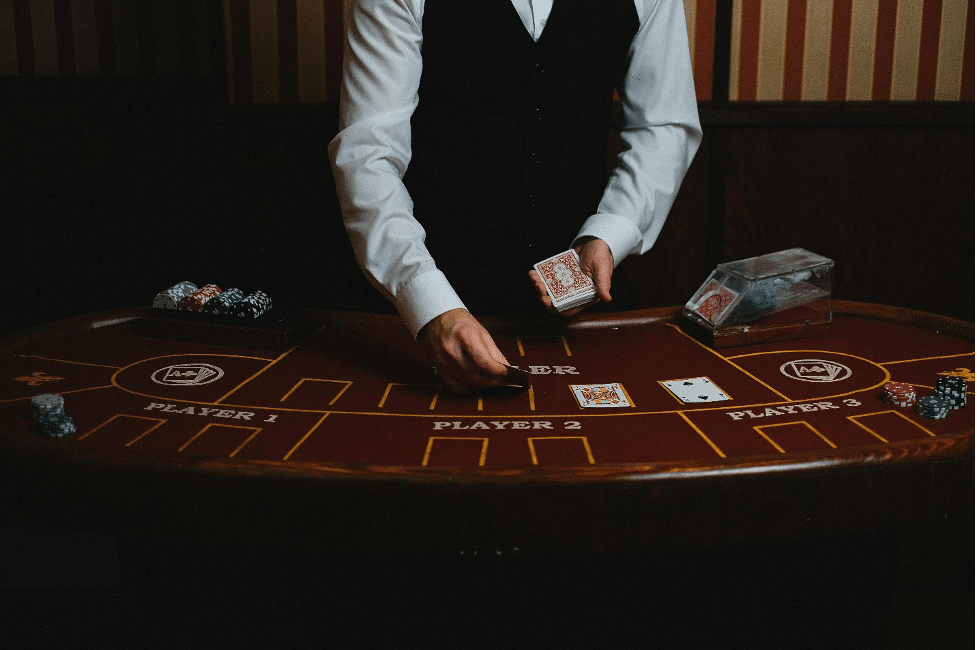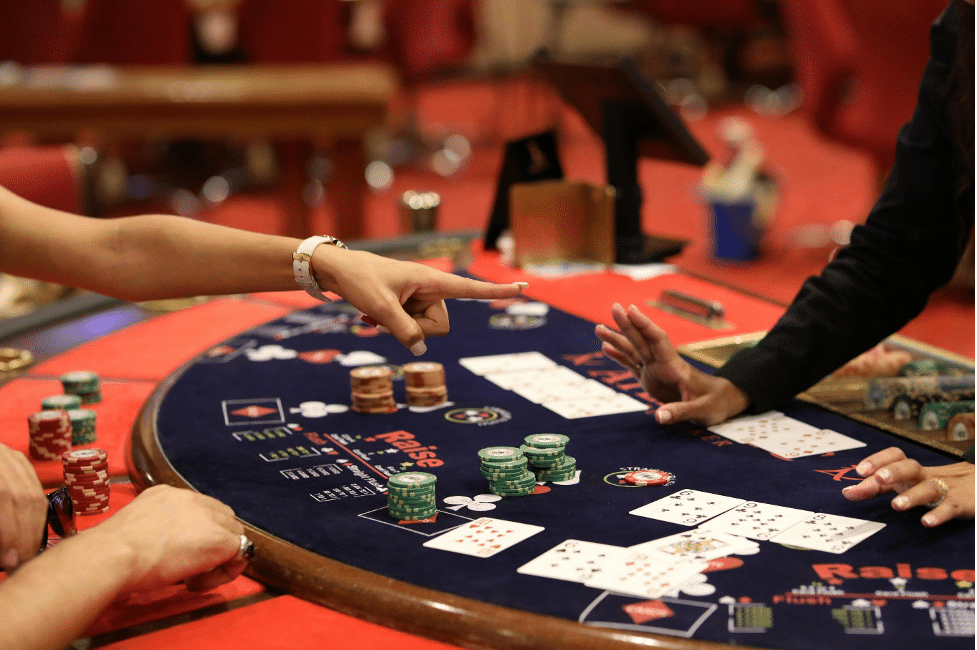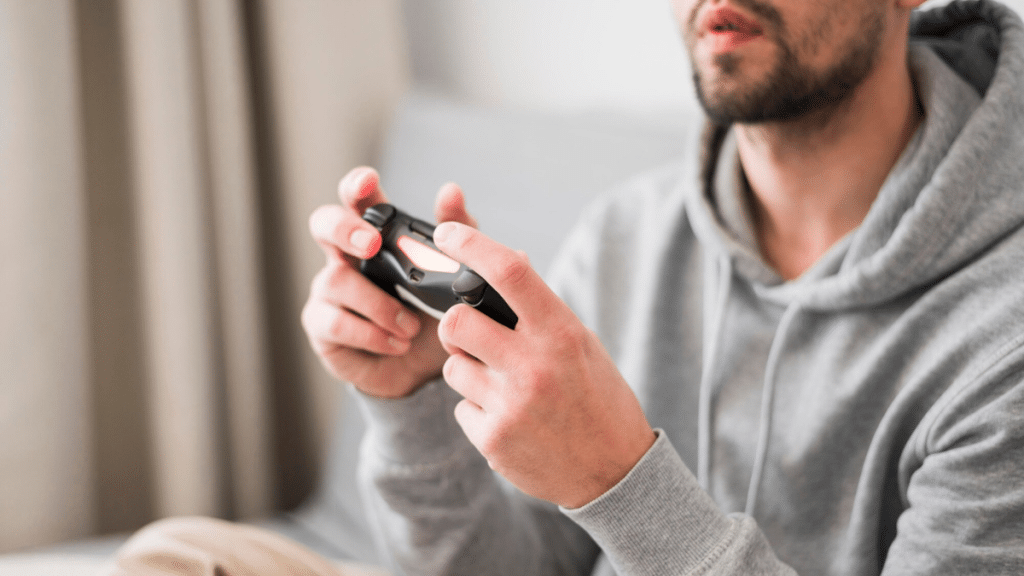Poker is arguably a strategy based game where a players engages in a psychological battle with others. Players at any skill level need to stay in control of their emotions during all types of poker games.
Arguably, performing well at poker games if often an intense challenge. New poker players often face difficulties when trying to stay calm at the table because minor errors will end up costing them their monetary stake.
The article examines emotional discipline techniques, tell spotting skills and steady playing demeanor development. These elements may determine whether you win or lose at the table.
Understanding the Importance of a Poker Face

To conceal your true feelings from others, you must wear a poker face. Your expressions must contains no emotional cues.
Professional poker gaming demands the use of this fundamental tool to stop opponents from reading what you hold during a poker game.
Mastering a poker face goes beyond keeping your face expressionless. It involves full control over your posture and breathing patterns as well as body movements.
Your ability to maintain a poker face stops you from unintentionally disclosing information regarding your hand strength. The technique is especially useful when you play against a strong opponent.
During live gameplay, opponents analyze your physical motion, voice pitch, facial expressions and body posture to find out your hand strength. Therefore, you must maintain calmness in your expression during plays.
Recognizing and Managing Your Own Tells

Gamers often display personal indicators in the form of undetectable bodily expressions. Such indicators expose their hand strength or weakness.
The signs of your hand strength or weakness become visible through changes in breathing and through activities like chip manipulation or by looking away. Identifying your personal tells forms the basis for gaining control over your opponents.
The identification of personal tells makes it possible to create management strategies. You should practice your gameplay by looking at yourself through a mirror and the use of video recording and friendly game matches to examine your behavior.
A strategic approach for managing noticeable signals is to convert them into controlled behaviors. Practicing relaxation at all times regardless of your hand holds the key to appearing less nervous with weak hands.
Observing Opponents’ Tells
You gain a major advantage when you learn to recognize the signs from your opponent’s play. Your ability to read hand strength in other players depends on noticing which behaviors their bodies exhibit, their wagering actions and the expressions across their face.
When opponents shift from silence to active wagering after a period of quietness, it indicates they likely possess a powerful hand strength. A tell that somebody is bluffing may be indicated by excessive perspiration or visible discomfort.
The monitoring of wagering aggressiveness alongside other clues specifically during important wagering phases assists you in making smarter decisions at the table.
Observation of cards alone is insufficient since you need to monitor your opponents’ behavioral actions during gameplay.
Strategies for Maintaining Emotional Control

Players who want success in poker must fiercely control their emotions. Unstable emotions create both bad choices in decision-making and reckless wagering behaviors.
These methods will help you control your emotions when playing poker:
- Mindfulness Practice: It helps you achieve inner calm as well as composure. Keep your attention on the present hand while preventing yourself from thinking about either previous deals or upcoming results.
- Consistent Wagering Patterns: Develop and stick to a consistent wagering routine. Your behavior remains predictable through emotional control and this tactic makes opponents doubt your intentions.
- Take Deep Breaths: Performing deep breathing exercises enables you to lower your heart rate and clear your thinking so you can make decisions without impulsive behaviors.
- Take breaks: Whenever you feel overwhelmed, it is suitable to take brief breaks. Leaving the table for several minutes enables you to compose yourself again while recovering your concentration.
The Role of Psychology in Bluffing
A good poker player must develop strong emotional control since bluffing depends on it for successful execution. During a game you need to show others both stronger and weaker hands through deception which amounts to your bluffing abilities.
Your psychological skill in bluffing covers managing the way you express yourself while also handling your body language and speaking technique. If your bluff fails, you risk losing a significant number of chips.
Success in bluffing requires three elements: keeping a composed face during wagering situations, suppressing all unnecessary body movements and demonstrating confident behavior.
When considering bluffing, you should evaluate each of your opponents. Would your opponents accept your intended bluff as truth? Do they choose to be assertive or remain unaggressive?
Knowing how your opponent’s think helps you determine which moments along with what tactics to use for bluffing.
The Impact of Online Poker: How Emotions Still Play a Role
The requirement to use poker expression no longer exists in online poker games but emotional elements retain their importance during gameplay. Playing online poker creates additional difficulties for emotional control. But how?
Being unable to read facial expressions of opponents forces you to depend more strongly on wagering patterns together with timing analysis.
The fundamental variation in playing online poker exists in the absence of sensory input from other competitors throughout gameplay. Playing online poker allows you to dedicate your attention to internal emotions but opens vulnerability to emotional influences on your gameplay.
Tilt becomes less obvious to detect because interpersonal involvement with tablemates is unavailable in online poker games. Your ability to maintain emotional stability while playing poker must not be compromised online because it may be even more crucial than in person scenarios.
Conclusion
Among all poker skills, emotional control stands out as one of the most essential. Your ability to stay calm throughout a poker game will produce major improvements to your playing results no matter what tournament level you play.
Using poker face knowledge, tell identification skills, opponent observation abilities and creating emotional-control strategies leads to improved poker performance.
The game of poker entails components beyond your card possession because you must control the psychological demands of the gameplay. Do these techniques repetitiously until you develop complete emotional command.
